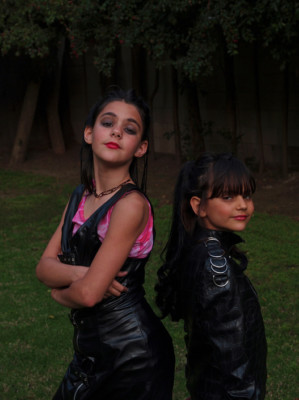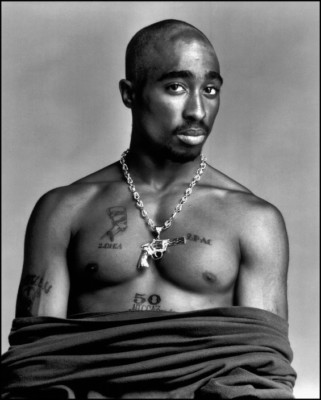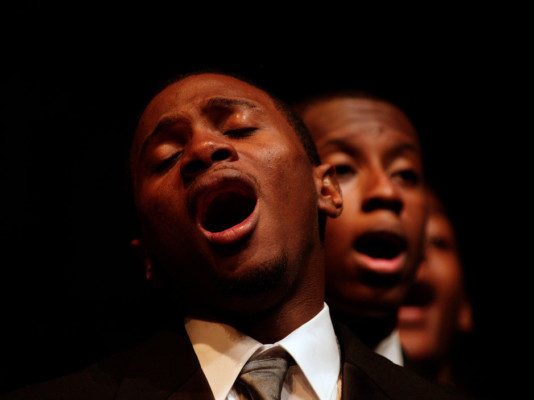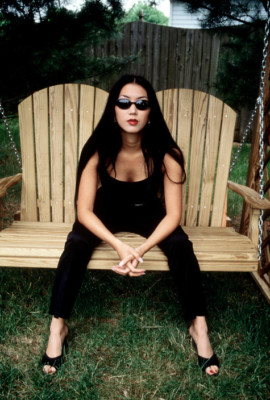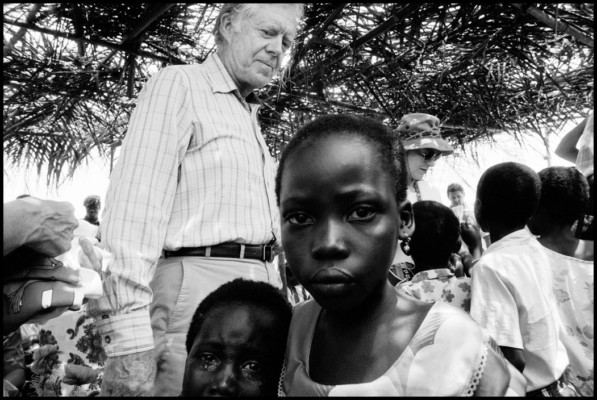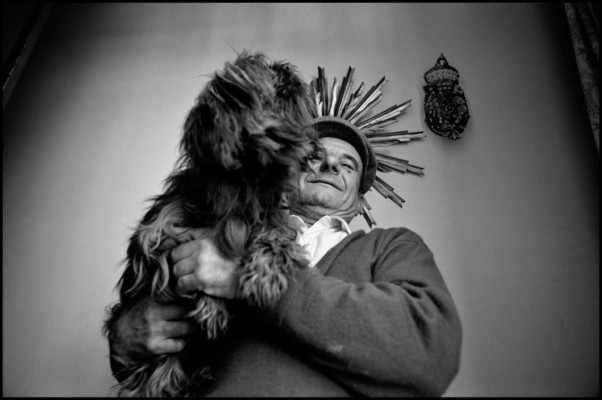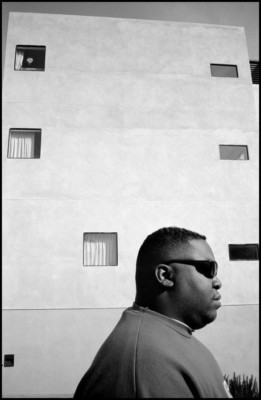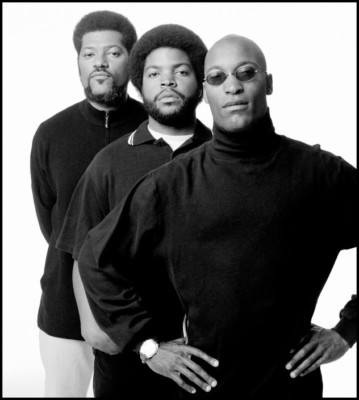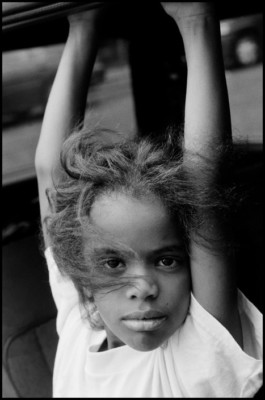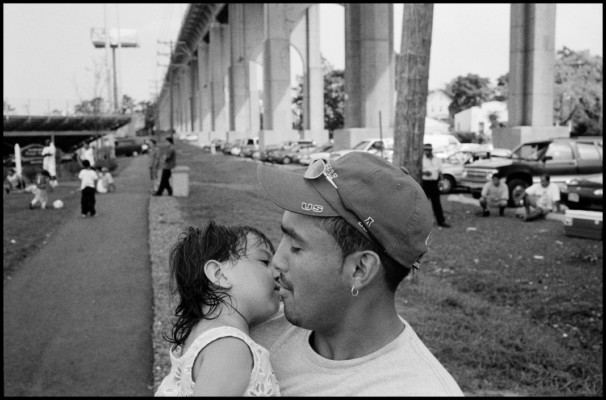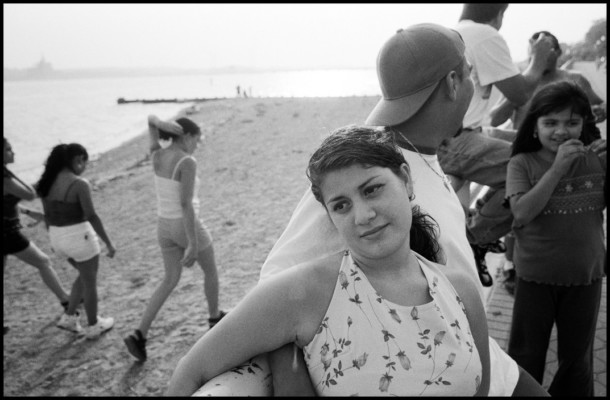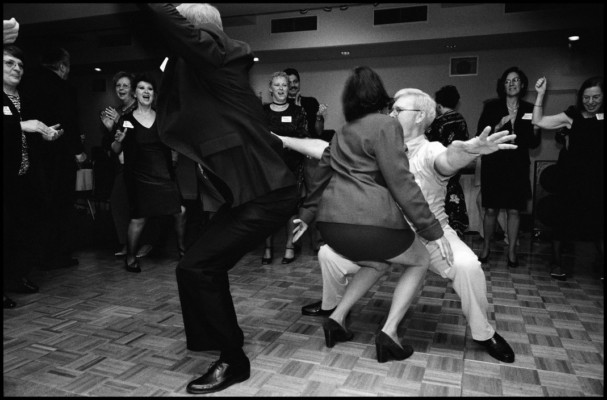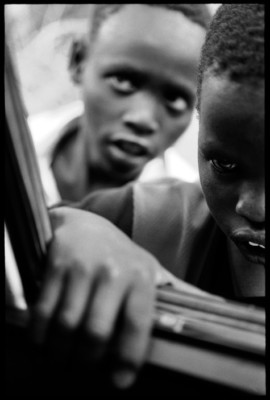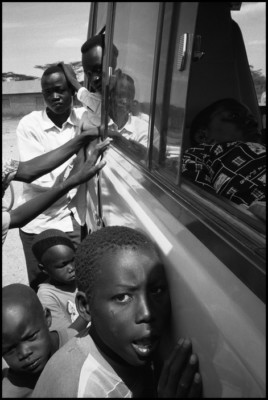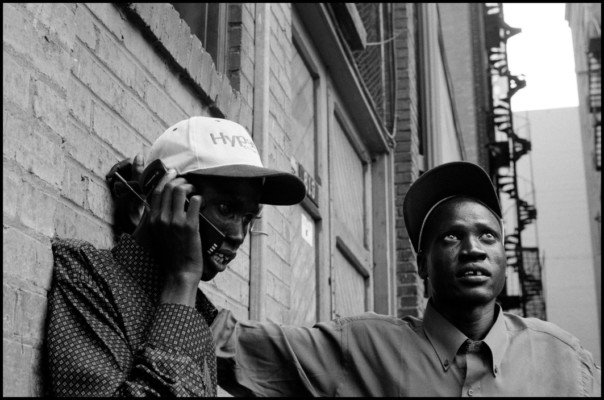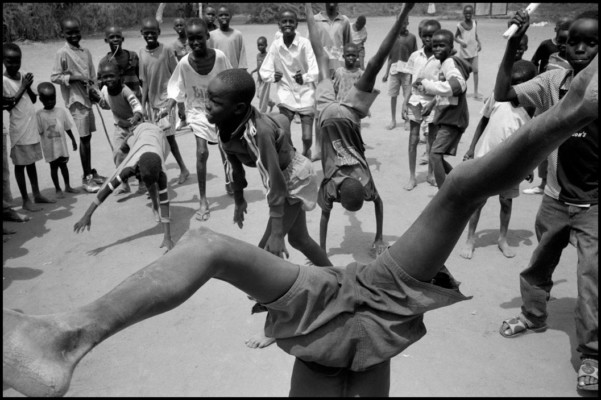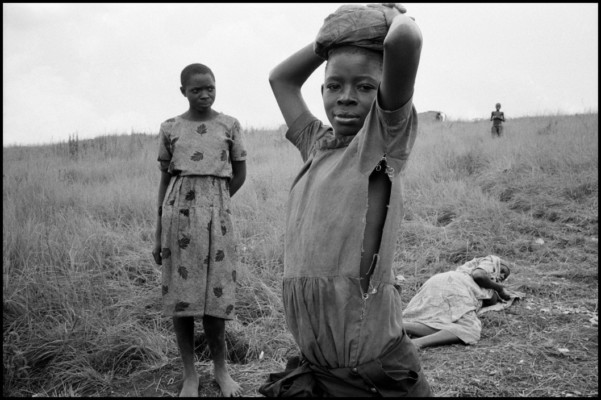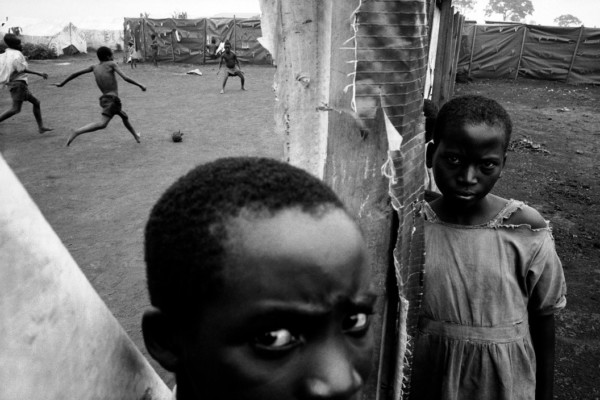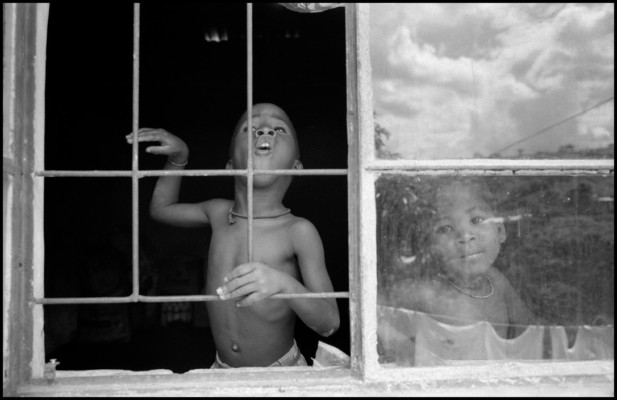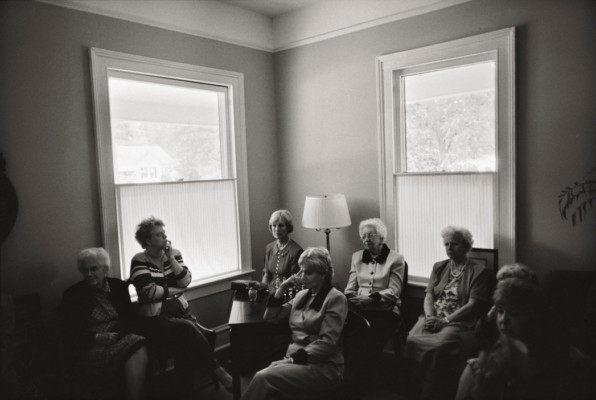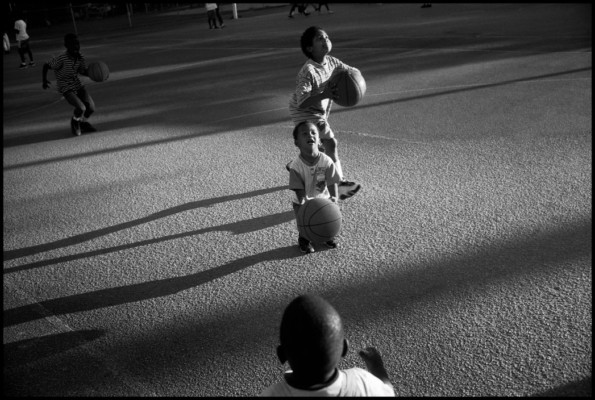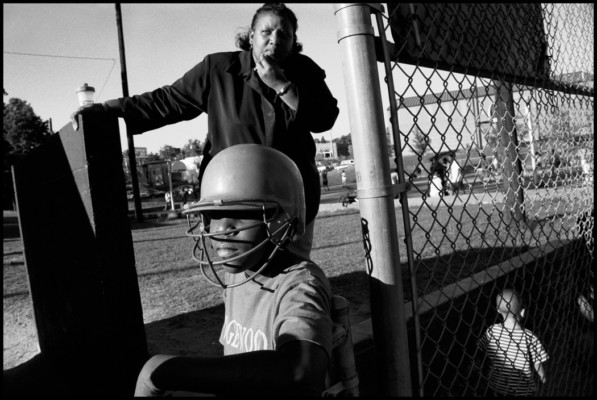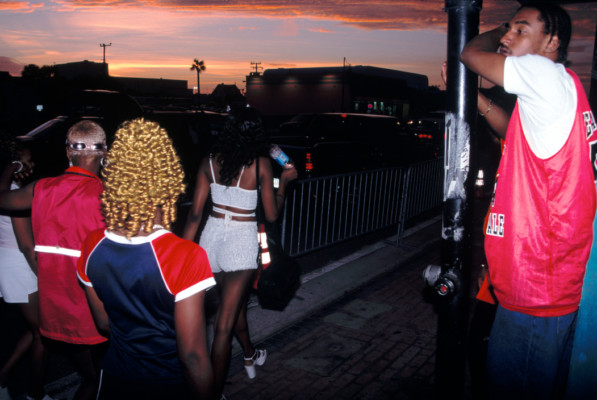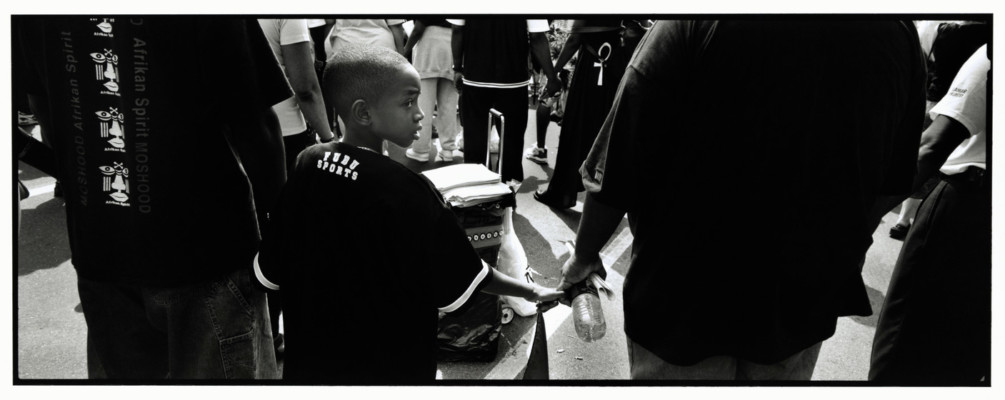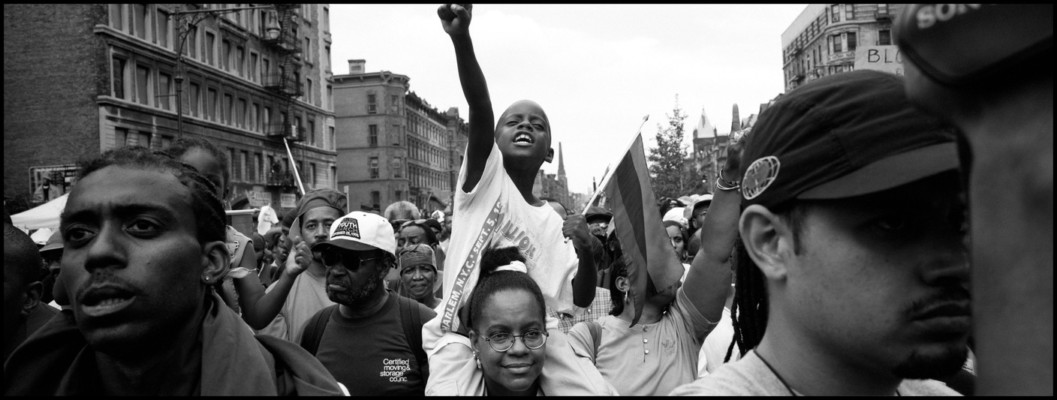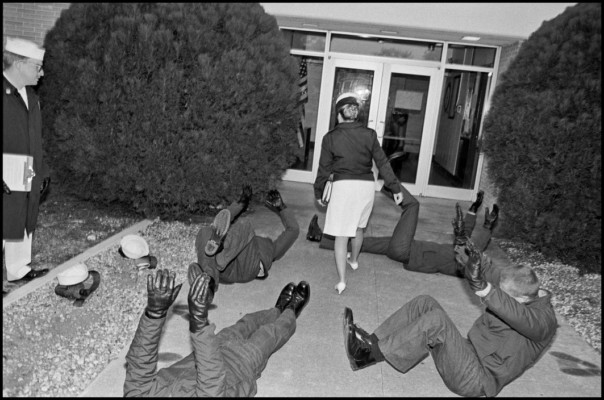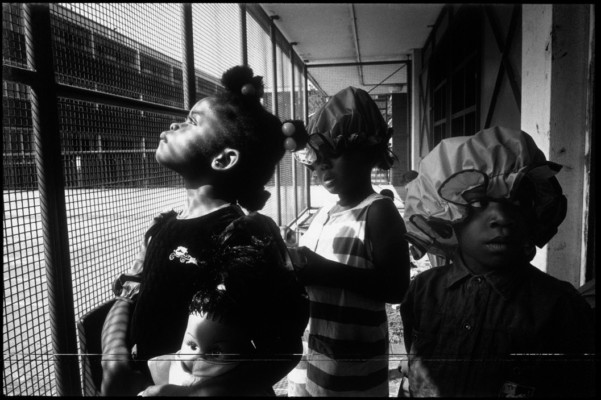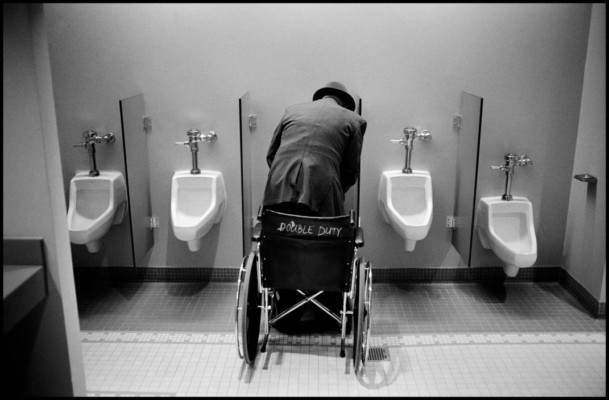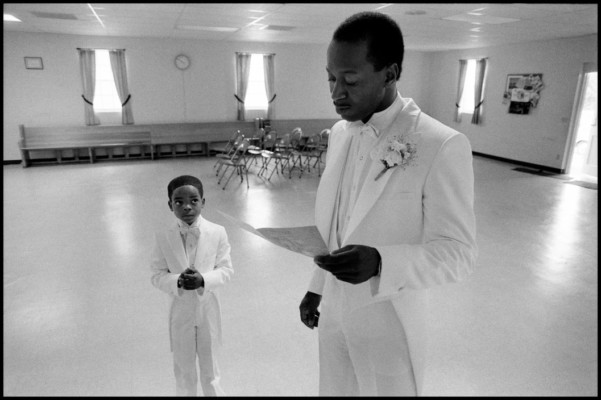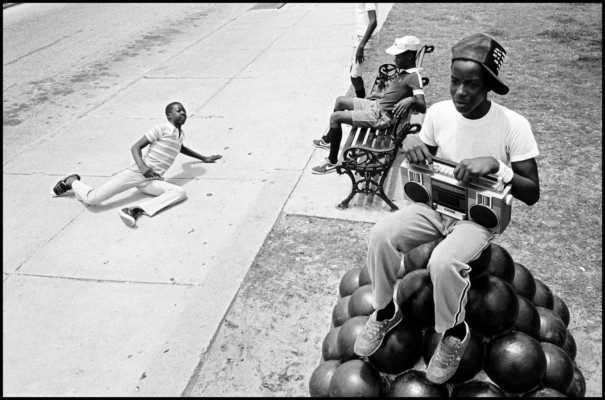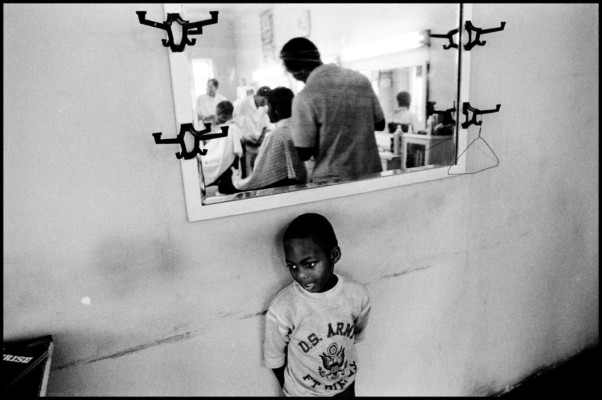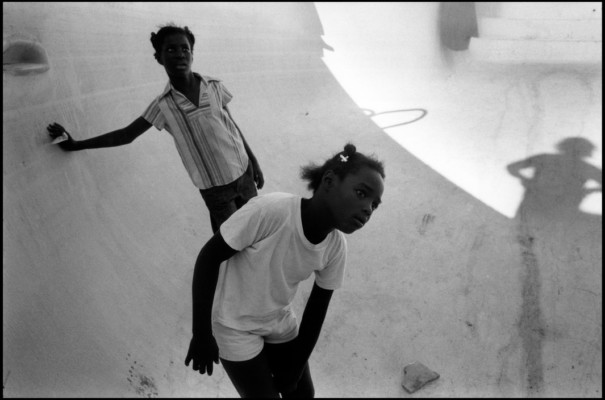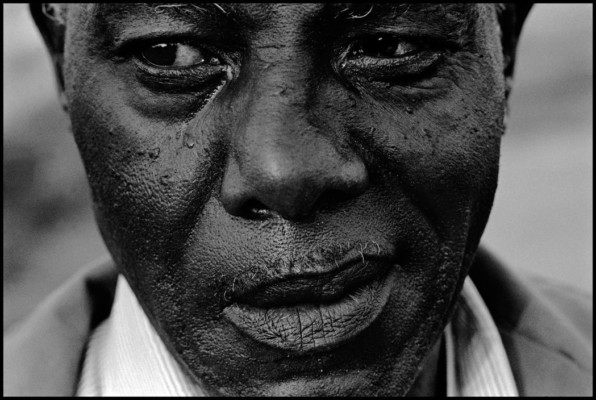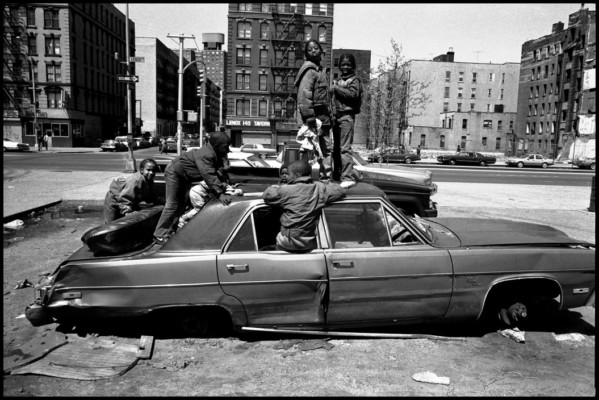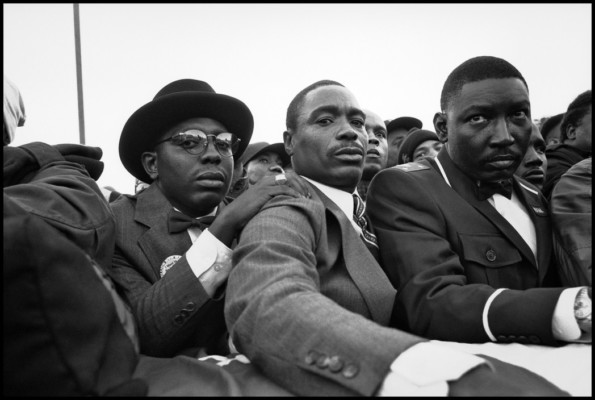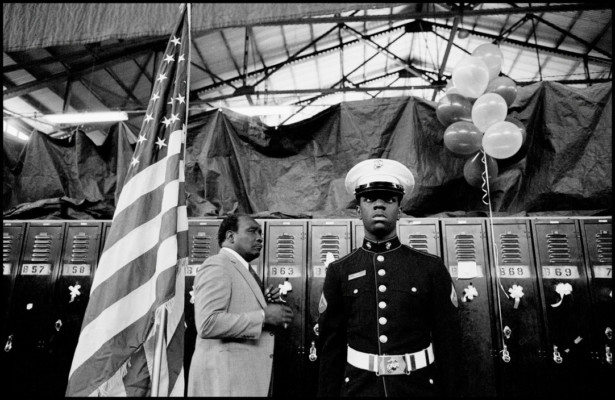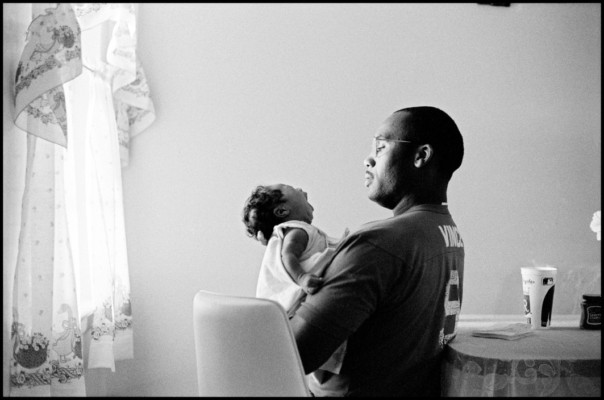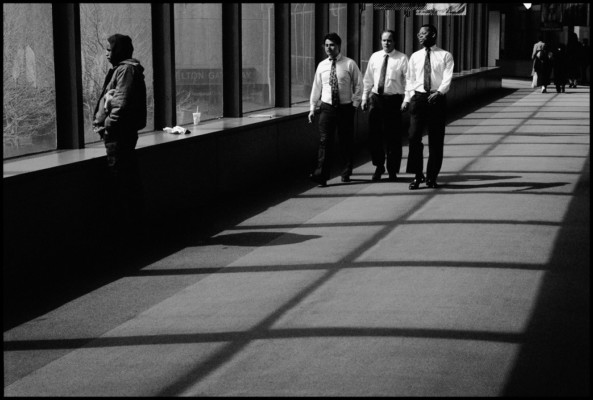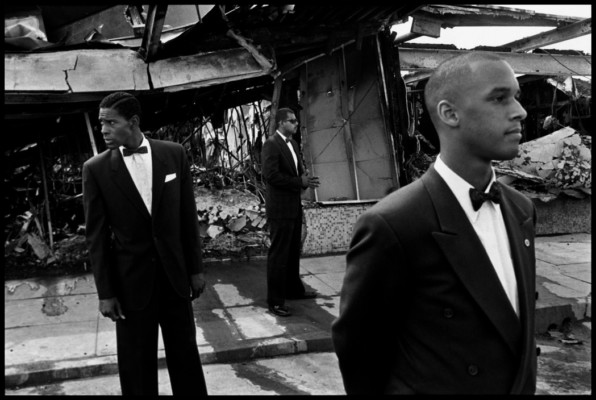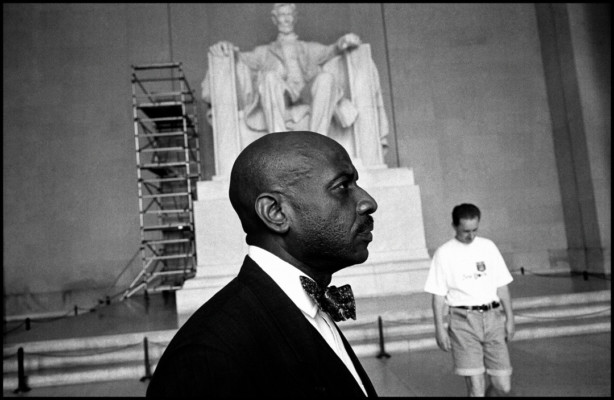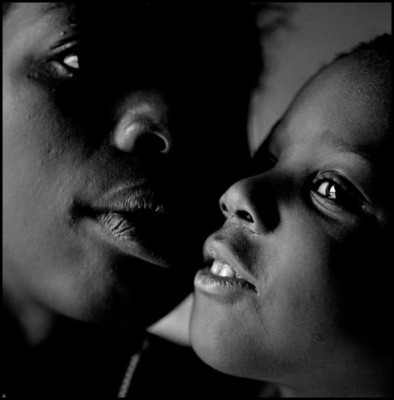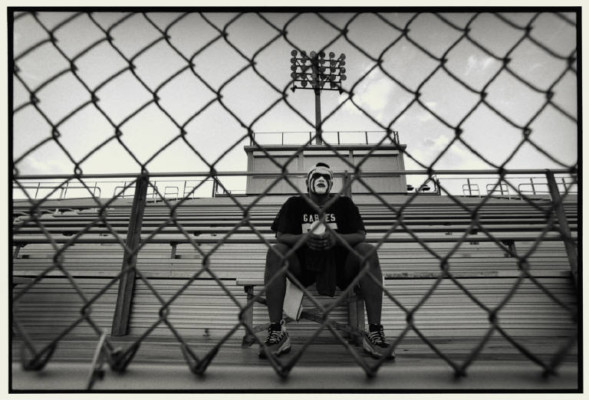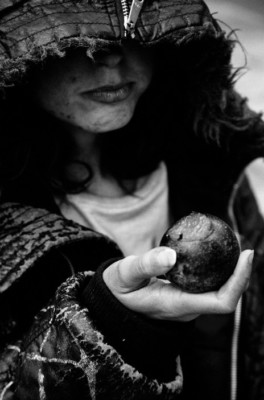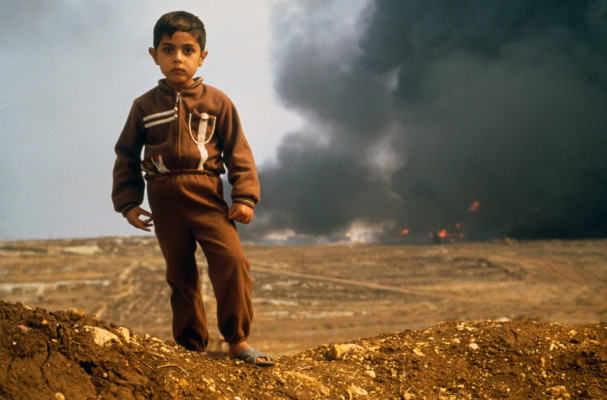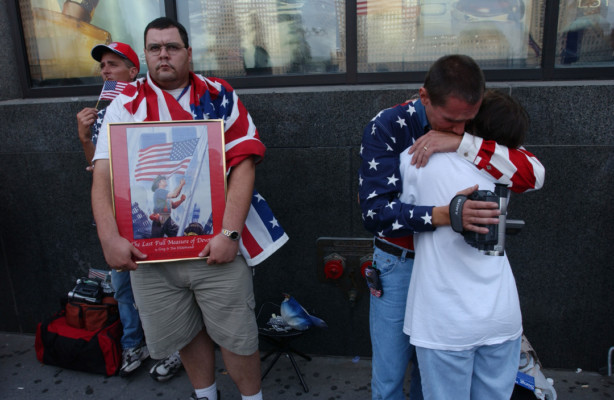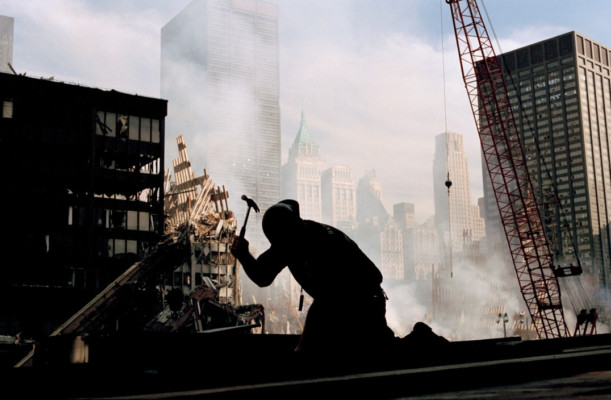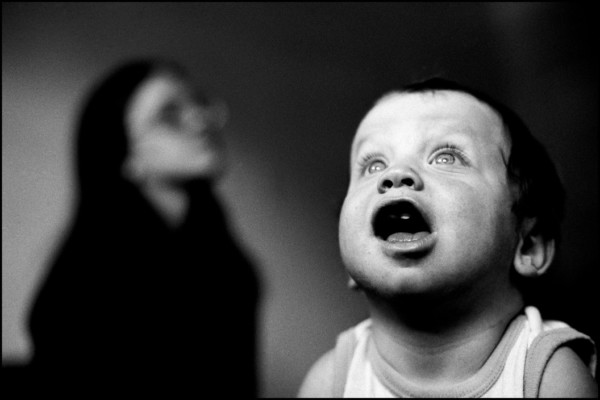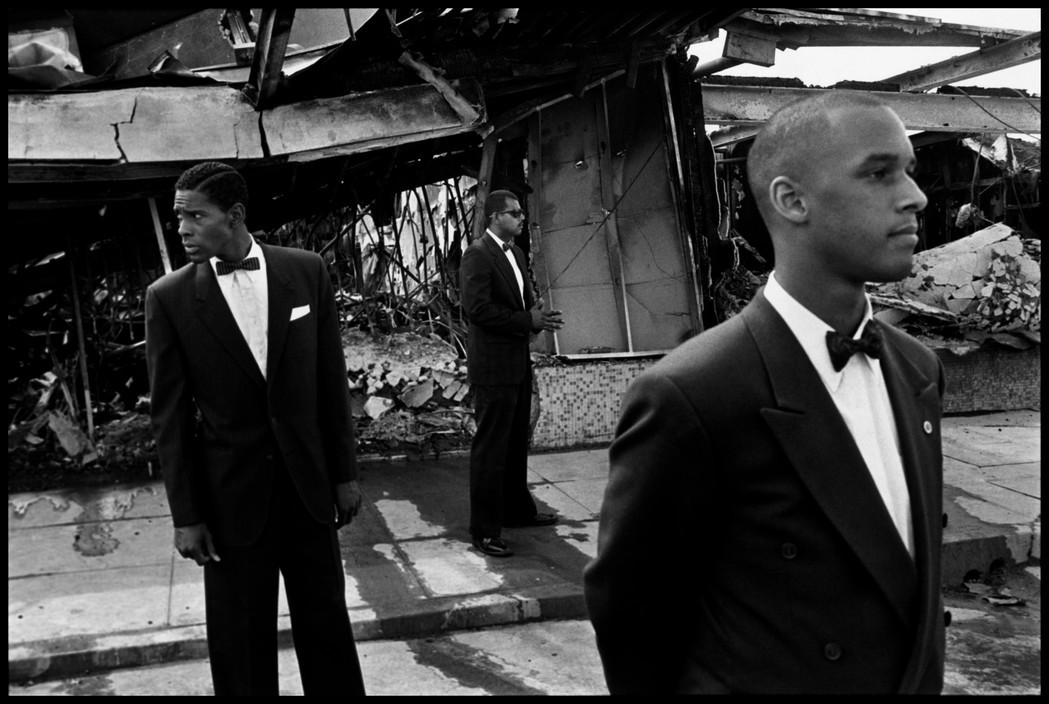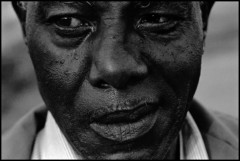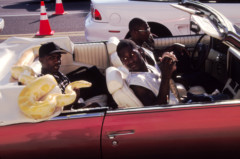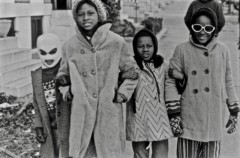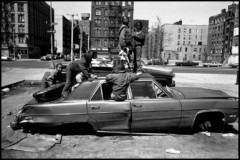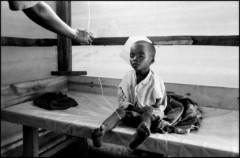Eli Reed's photo-study reveals a poignant portrait of Black life in America during the 1980s and 90s
"The main thing for me is that I'm happy that I've been able to work as a professional photographer. What is at the core of my work is, in essence, a meditation on being a human being."
- Eli Reed
Eli Reed was born in the US in 1946 and studied pictorial illustration at the Newark School of Fine and Industrial Arts, graduating in 1969. In 1982, he was a Nieman Fellow at Harvard University. At Harvard’s Kennedy School of Government, he studied political science, urban affairs, and the prospects for peace in Central America.
Reed began photographing as a freelancer in 1970. His work from El Salvador, Guatemala and other Central American countries attracted the attention of Magnum, and he became a full member in 1988.
In the same year, Reed photographed the effects of poverty on America’s children for a film documentary called Poorest in the Land of Plenty, narrated by Maya Angelou. He went on to work as a stills photographer for major motion pictures. His video documentary Getting Out was shown at the New York Film Festival in 1993 and honored by the 1996 Black Filmmakers Hall of Fame International Film and Video Competition in the documentary category.
Reed’s special reports include a long-term study which became his first, highly acclaimed book, Beirut, City of Regrets; the ousting of Baby Doc Duvalier in Haiti (1986); US military action in Panama (1989); the Walled City in Hong Kong; and, perhaps most notably, his documentation of African American experience over more than 20 years. Spanning the 1970s through the end of the 1990s, his book Black in America includes images from the Crown Heights riots and the Million Man March. In 2015, he published his first career retrospective, A Long Walk Home.
Reed has lectured and taught at the International Center of Photography, Columbia University, New York University, University of Texas and Harvard University.



